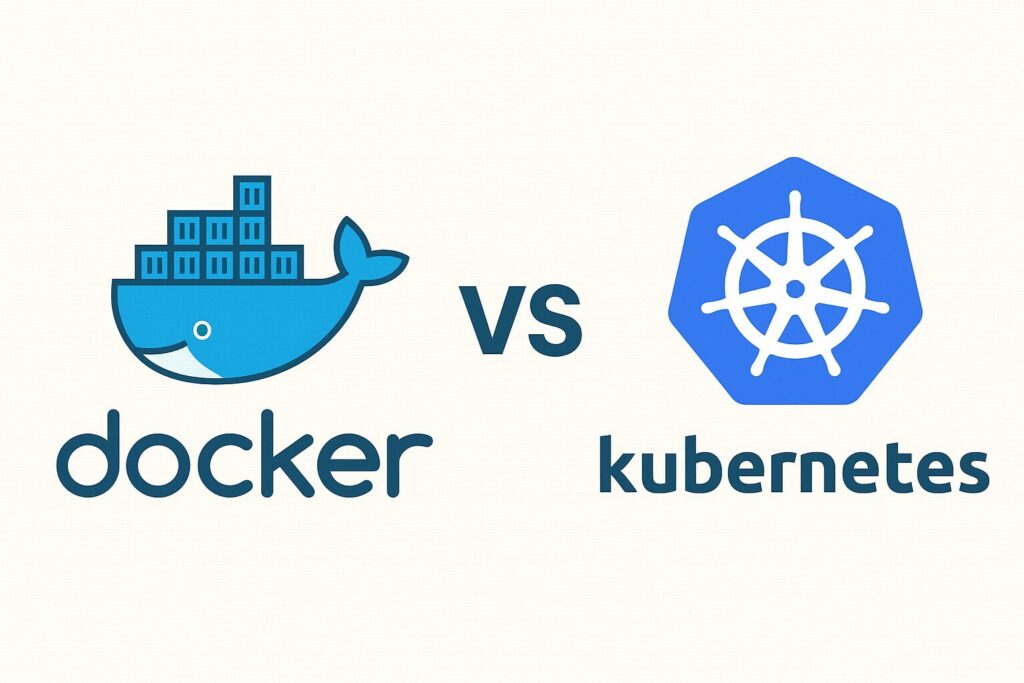In 2025, AI models don’t just need to be built, they need to be delivered. That’s where Docker and Kubernetes come in. For data professionals entering the world of MLOps, understanding how to deploy and scale machine learning models is just as critical as knowing how to train them.
But if you’re new to this space, you’ve probably asked yourself: “Which is easier, Docker or Kubernetes?” Let’s unpack the difference and figure out which one to learn first with WeCloudData.
What Is Docker?
Docker is the starting point for most MLOps engineers. It’s a containerization platform that lets you package your application, dependencies, and configurations into lightweight, portable containers.
For machine learning projects, Docker ensures that your model runs exactly the same, from your laptop to the cloud.
Why Docker Matters for MLOps
- Reproducibility: Run your ML code anywhere without breaking dependencies.
- Speed: Containers start quickly and use fewer resources than virtual machines.
- Portability: Move seamlessly between local and cloud environments.
- Ease of learning: Great entry point for beginners exploring DevOps and MLOps.
You can learn Docker in just a few weeks with consistent hands-on practice. Many learners also pursue a Docker certification to validate their skills before moving into orchestration.
What Are Kubernetes?
While Docker helps you build and run containers, Kubernetes helps you manage them at scale. It’s an orchestration system designed to automate deployment, scaling, and maintenance of containerized applications — making it ideal for AI workloads.
Why Kubernetes Matters for MLOps
- Automation: Handles deployment, scaling, and recovery automatically.
- Scalability: Dynamically adds or removes containers based on usage.
- Reliability: Keeps services healthy across distributed systems.
- Integration: Works with CI/CD pipelines, monitoring tools, and cloud providers.
In short:
Docker runs your container; Kubernetes manages many of them.
If you’re wondering, “Can I run Docker without Kubernetes?” Absolutely. But as your projects grow, Kubernetes becomes essential for managing complex ML systems.
Docker vs Kubernetes: Key Differences
| Feature | Docker | Kubernetes |
| Purpose | Containerization platform | Container orchestration tool |
| Ease of Learning | Easier for beginners | More advanced concepts |
| Setup Time | Quick and local | Requires configuration |
| MLOps Role | Packages and runs models | Deploys and scales model containers |
| Dependency | Can run standalone | Often relies on Docker containers |
So, do you need both Docker and Kubernetes? Yes, they complement each other. Docker helps you create consistent environments; Kubernetes ensures those environments scale and stay healthy in production.
Which Should You Learn First?

If you’re starting your journey, begin with Docker. It’s beginner-friendly and teaches the fundamentals of containerization, a foundation you’ll need for everything else.
Once you’re confident with Docker, move to Kubernetes to understand orchestration and scaling. A common question is, “Can I learn Docker and Kubernetes together?” Yes, you can, but starting with Docker first helps you grasp key concepts like containers, images, and networking. If you’re wondering, “What should I learn after Docker?” — the clear next step is Kubernetes, followed by CI/CD and cloud deployment tools (like AWS, Azure, or GCP).
Will Kubernetes Replace Docker?
This is one of the most common misconceptions. The answer is: No. Kubernetes doesn’t replace Docker. It uses it. Docker builds the containers; Kubernetes orchestrates them. They work best together, not in competition. So, if you’ve ever asked, “Can you use Docker and Kubernetes together?”, the answer is absolutely — in fact, that’s the standard practice in MLOps pipelines today.
Why Every MLOps Engineer Should Learn Docker and Kubernetes
Modern AI production environments rely on both tools to deliver scalable, reproducible systems. According to the CNCF 2024 report, 84% of companies use Kubernetes in production, and adoption in MLOps workflows has grown 3× since 2022.
These technologies enable:
- Automated deployment and monitoring of ML models
- Streamlined CI/CD pipelines for continuous learning systems
- Optimized infrastructure for GPU workloads
- Faster collaboration between data and engineering teams
By mastering these, you become not just a data scientist — but a full-stack AI engineer.
Get Certified and Hands-On
A growing number of professionals are pursuing Docker and Kubernetes certifications to prove their MLOps skills.
If you’re looking for a structured way to learn, the WeCloudData Docker Kubernetes course online is an excellent place to start. You’ll learn containerization, orchestration, and end-to-end MLOps deployment guided by industry experts who’ve built real systems at scale.
WeCloudData’s MLOps and Cloud Engineering Track covers:
- Docker fundamentals & advanced container management
- Kubernetes deployment, Helm, and scaling
- CI/CD for machine learning pipelines
- Cloud environments (AWS, Azure, GCP)
Learn Kubernetes & Docker with WeCloudData
So, which one should you learn first? Start with Docker to understand the fundamentals of containerization, then move on to Kubernetes to scale and automate.
Both are indispensable in MLOps, and learning them together prepares you for one of the most in-demand roles in tech.
Ready to start? WeCloudData’s MLOps program helps students master Docker through real-world ML deployment labs building containerized models from scratch. Build real-world MLOps skills with WeCloudData’s Docker & Kubernetes training, part of our hands-on Cloud Engineering and MLOps programs that help you go from zero to certified deployment engineer.
FAQs
1. Which is easier, Docker or Kubernetes?
Docker is easier to learn first. It helps you understand containers before diving into orchestration with Kubernetes.
2. How long will it take to learn Docker and Kubernetes?
You can master Docker in 3–4 weeks and Kubernetes in around 6–8 weeks with consistent hands-on practice.
3. Can I learn Docker and Kubernetes together?
Yes — many courses teach them side-by-side, but learning Docker first helps you build a solid foundation.
4. Do I need both for MLOps?
Yes. Docker packages your models; The other deploys and scales them efficiently.

